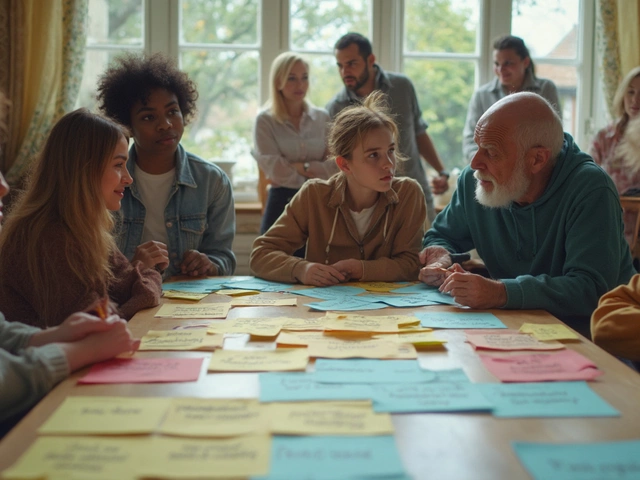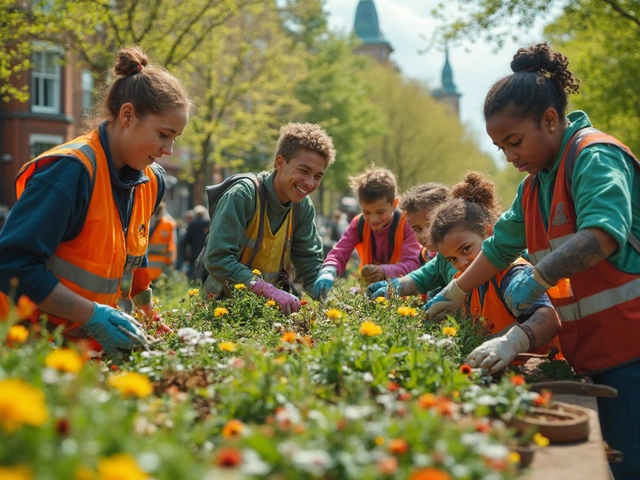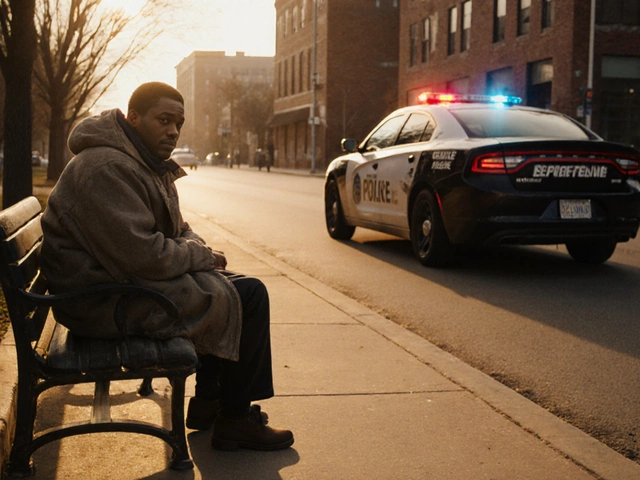Child Development: Practical Tips for Growing Kids
Watching a child grow is a daily adventure. From the first smile to that shaky first step, each moment brings new challenges and joys. As a parent, you want solid, easy‑to‑use advice—not a mountain of theory. Below you’ll find clear guidance on the most important milestones and activities you can start at home right now.
Key Growth Milestones
Kids follow a surprisingly predictable timeline, but every child moves at their own pace. Here’s a quick look at what to expect:
- 0‑12 months: Babies learn to grasp, roll, and sit up. By six months, they should start babbling and recognizing familiar voices.
- 12‑24 months: First words appear, and toddlers begin walking confidently. Expect them to explore everything they can reach.
- 2‑3 years: Language explodes. Most children can form simple sentences and start using the toilet.
- 3‑5 years: Fine motor skills improve—cutting with scissors, drawing shapes, and dressing themselves become easier.
- 5‑7 years: Reading basics and basic math concepts emerge. Social skills like sharing and teamwork become more important.
If you notice a delay, talk to your GP or a local child development officer. Early support can make a big difference.
Fun Learning Activities at Home
Learning doesn’t have to be a chore. Simple, play‑based activities work wonders and fit easily into busy family routines.
Story time with a twist: Choose a short picture book, read aloud, then ask your child to retell the story using their own words or drawings. This builds language and memory.
Kitchen math: While cooking, let kids measure cups of flour or count spoonfuls of sugar. It introduces numbers and fractions in a tasty way.
Nature scavenger hunt: Grab a list of common items—like a smooth stone, a leaf with three points, or a pine cone. Exploring the church garden or a nearby park sharpens observation skills and encourages physical activity.
DIY musical instruments: Fill a plastic bottle with dry beans and seal it tight. Kids can shake it to learn rhythm, which supports auditory development.
Our parish runs regular family‑friendly events that reinforce these ideas—craft afternoons, music sessions, and community picnics. Getting involved gives your child chance to practice social skills in a safe, supportive setting.
Remember, consistency beats intensity. A few minutes of focused play each day is more effective than a long, stressful session once a week. Keep the mood light, celebrate small successes, and let curiosity lead.
If you need more personalized tips, the church’s family pastoral team is happy to chat. We can point you to local early‑years groups, recommend age‑appropriate books, or arrange a one‑on‑one guidance session.
Child development is a journey you don’t have to walk alone. With simple milestones, everyday activities, and community support, you can help your child thrive in body, mind, and spirit.

Essential Clubs Every Kid Should Try: A Guide for Parents
Every parent wonders which clubs are truly worth it for their kids. Discover the activities that offer fun, skill-building, and strong friendships.
Read More
Fun Fridays: Boosting Spirits Through After-School Clubs
Fun Fridays can be a game-changer for kids, giving them something to look forward to each week. These days spark creativity and build friendships through a variety of after-school clubs and activities. From sports to art and music, kids experience growth in an informal yet enriching setting. Unstructured play and guided activities blend perfectly, ensuring kids learn and have fun. Discover why setting aside one day for fun can make a huge difference in a child's week.
Read More




